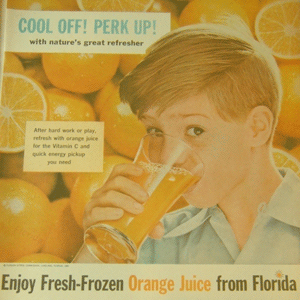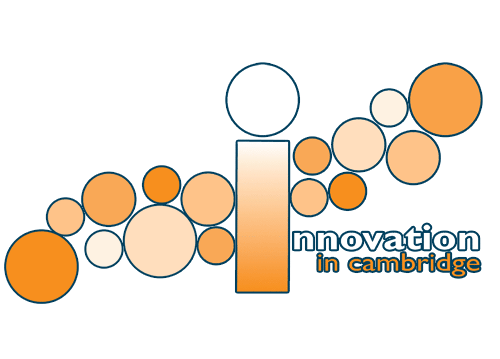
|
 |
Frozen Orange Juice -
National Research Corp.
70 Memorial Drive |
Physicist Richard S. Morse founded the National Research Corporation (NRC) in Cambridge, Mass, which has had a profound, if largely unknown, impact on American daily life. Starting out in 1940, Morse’s goal was to create new products and to develop new processes, but also to encourage manufacturers to invest in new ideas and make them into realities. Within its first 15 years, NRC grew from a $50,000 start-up into a $4,500,000 research company with 150 patent applications.
National Research Corporation contributed a number of important innovations during its time, and perhaps the most notable are vacuum processes to powder drugs, coat optical lenses, dehydrate food without losing taste or nutrition, and to create fine powdered metals without impurities. While this may not sound like much, it allowed for the development of instant coffee, antibiotics, the hardware for television and radar tubes, and frozen orange juice.
In 1945, Morse commercialized his company’s innovation with the establishment of the Minute Maid Corporation, originally known as the Florida Foods Corporation. The first big contract for frozen orange juice came when the United States Army ordered 500,000 lbs of concentrate for soldiers during World War II. The war ended before any infrastructure for production was built, but the idea for the product remained alive. After some initial marketing struggles, the company changed its name to Minute Maid in 1949 and signed on Bing Crosby as a pitchman. From there, Minute Maid grew from being the first to sell orange juice concentrate to the leader in a booming market for frozen OJ. Minute Maid made fresh, healthy, and delicious orange juice available in any climate at any time of year.
National Research Corporation would go on to innovate in numerous other fields, but Dr. Morse left the company in 1959 to work in research and development for the Army. He later rose to Assistant Secretary of the Army, but resigned without public comment, from this post after only a few months. NRC was later acquired by the Norton Company, and Dr. Morse returned to Cambridge in 1961 as a lecturer at the Sloan School of Management. He devoted much of his time towards efforts to reduce automobile pollution and to search for cleaner fuel alternatives.
Dr. Morse retired from M.I.T. in 1977 and passed away in 1988. His legacy lives on in the numerous new products that Cambridge’s National Research Corporation developed, especially in the glass of orange juice many people in non-tropical places are able to enjoy every morning.
Sources:
http://www.time.com/time/magazine/article/0,9171,820445,00.html
http://www.nytimes.com/1988/07/04/obituaries/richard-s-morse-76-an-inventor-of-orange-juice-concentrate-dies.html
http://www.minutemaid.com/aboutus.html
http://en.wikipedia.org/wiki/Minute_Maid#History
http://coldwar-ma.com/National.html
LIFEmagazine. PublishedFebruary 15, 1963
|



